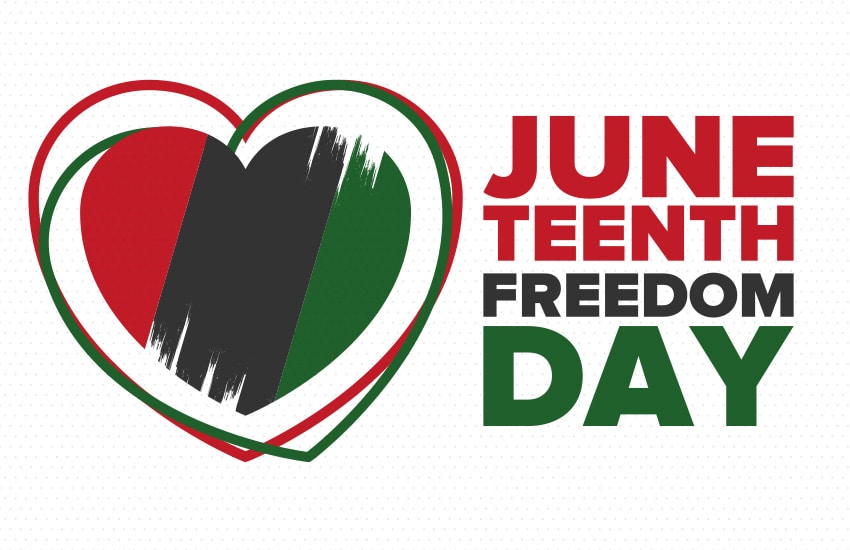Juneteenth — also known as Freedom Day, Jubilee Day, Liberation Day, and Emancipation Day — is a holiday celebrating the emancipation of those who had been enslaved in the United States.

Juneteenth, now an official state holiday in Virginia, commemorates the day in 1865 when enslaved Texans learned of the Emancipation Proclamation. As Governor Ralph Northam said in the Executive Order establishing June 19 as a permanent state holiday, Juneteenth “was a pivotal moment in American history when all enslaved black people finally learned that they were free people. It was a moment of celebration and joy. It was a moment when America finally took a step closer to its promise of freedom, equality, and justice for all.”
It is appropriate that Virginia celebrate Juneteenth because in 1619 it became the birthplace of representative democracy. As George Mason wrote many years later in the Virginia Declaration of Rights, at the heart of that democracy is the belief that “all men are by nature equally free and independent and have certain inherent rights, of which, when they enter into a state of society, they cannot, by any compact, deprive or divest their posterity; namely, the enjoyment of life and liberty, with the means of acquiring and possessing property, and pursuing and obtaining happiness and safety.” The values expressed by Mason were enshrined in the Declaration of Independence and then the United States Constitution which established a government of laws, not of men. That the people make those laws and that all are treated equally under them is the essence of what it means to live in America.
For too long Virginia fell short of the ideals expressed in its Declaration of Rights, but we have come a long way. Our recognition of the importance of Juneteenth — which this year is marked by the closure of many statewide and county offices on Friday, June 18th — is another step in the right direction.